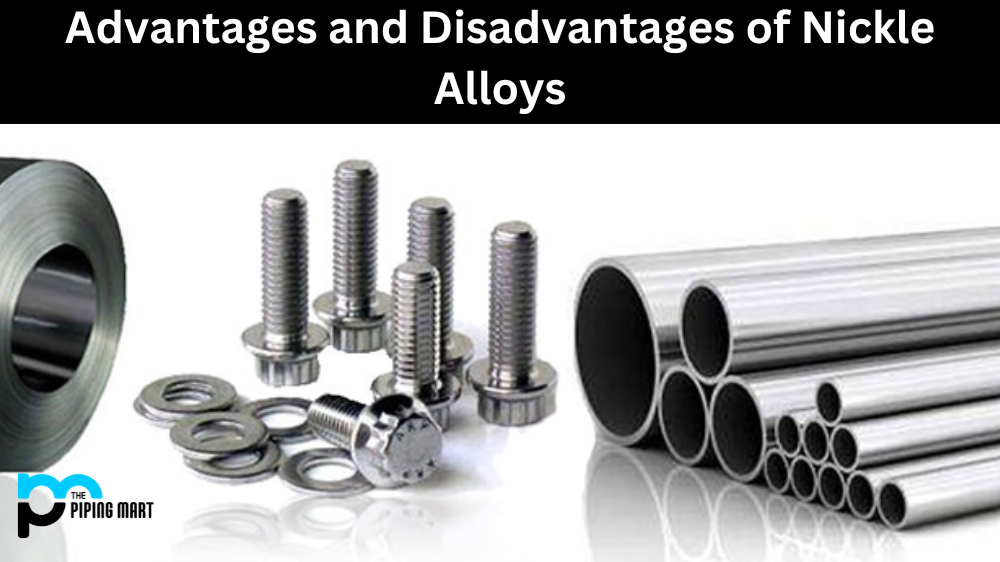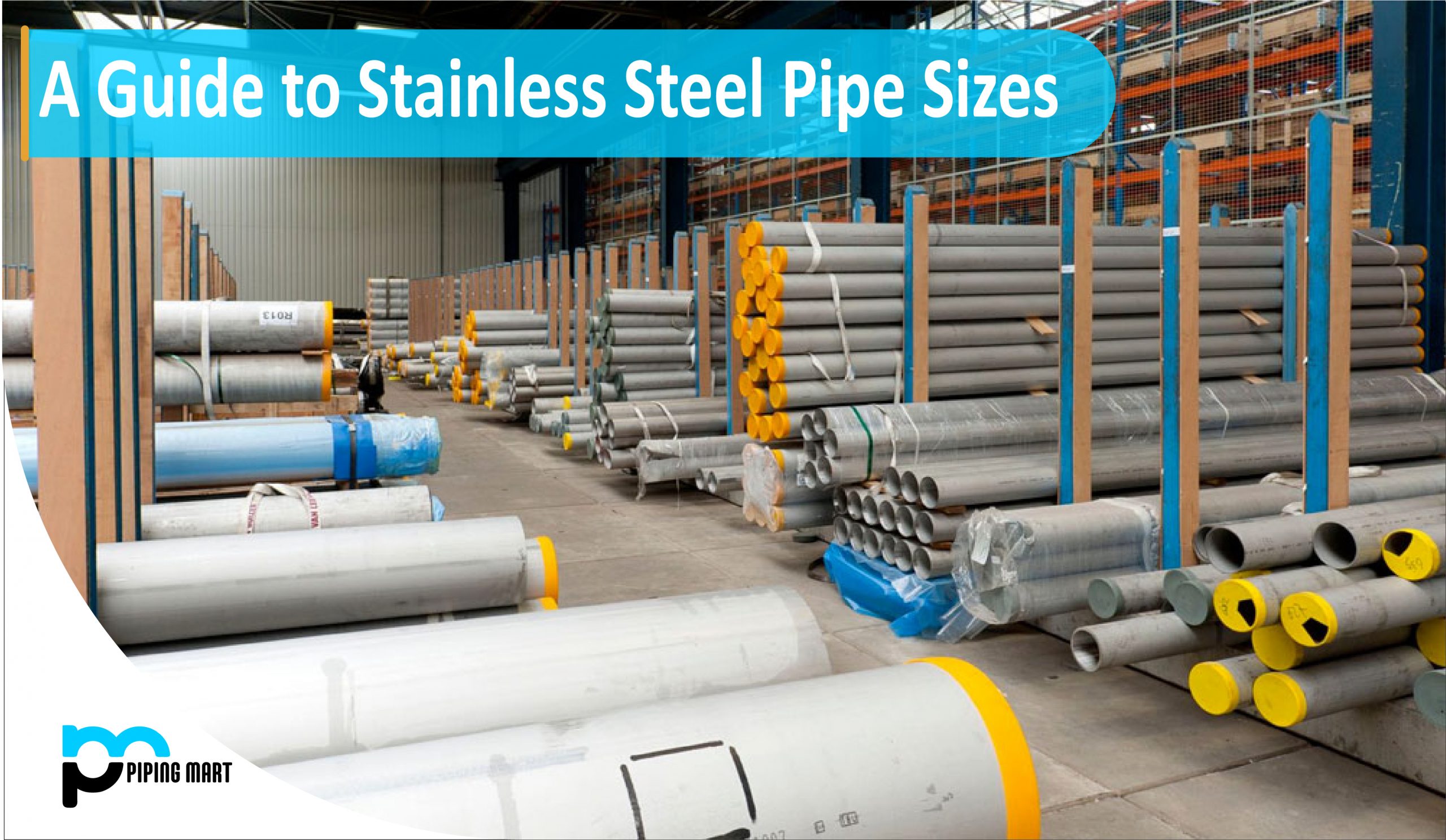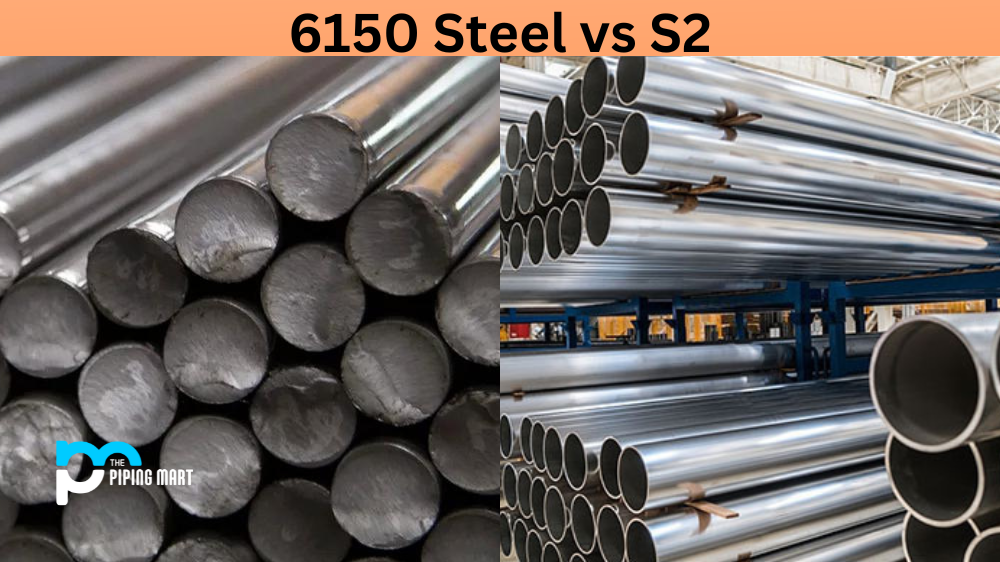Nickle alloys are popular among metalworking professionals who need reliable components for their projects. They are highly resistant to corrosion and oxidation, making them a great option for long-term durability applications. But there are also some drawbacks to using nickel alloys. Let’s take a look at the advantages and disadvantages of this material so you can make an informed decision about whether it is suitable for your project.
Advantages of Nickle Alloys
One of the most significant advantages of nickel alloys is their resistance to corrosion and oxidation, even in extreme temperatures and harsh environments. This makes them ideal for use in aerospace, automotive, and marine industries where they may be exposed to salt water or other corrosive materials. Also, nickel alloys can be welded and machined easily, giving manufacturers more flexibility when creating products from this material.
Nickle alloy components are also very strong and have excellent fatigue resistance, making them suitable for parts with high-stress levels, such as gears or turbine blades. Finally, nickel alloys have excellent thermal conductivity, making them ideal for uses such as heat exchangers, where heat must be quickly transferred from one spot to another.
Strength
One of the primary advantages of nickel alloys is that they are much stronger than a pure nickel. This is because nickel alloys contain other metals, such as iron, copper, or chromium, which help increase the alloy’s strength. Nickel alloys are often used in applications where high strength is required, such as in aircraft and aerospace components.
Corrosion Resistance
Another advantage of nickel alloys is that they are more corrosion-resistant than a pure nickel. This is because the other metals in the alloy help to form a protective oxide layer on the surface of the alloy, preventing corrosion. Nickel alloys are often used when corrosion resistance is critical, such as in chemical processing plants.
Temperature Resistance
Nickel alloys also have a higher temperature resistance than a pure nickel. This is because the other metals in the alloy helps to stabilize the crystal structure of the metal at high temperatures. Nickel alloys are often used in applications with high temperatures, such as in turbine engines.
Electrical Conductivity
Another advantage of nickel alloys is their higher electrical conductivity than pure ones. This is because the other metals in the alloy helps to increase the number of free electrons available for conduction. Nickel alloys are often used in electrical applications where high conductivity is required, such as in electrical wiring.
Magnetic Properties
Nickel alloys also have increased magnetic properties compared to pure nickel. This is because the other metals in the alloy helps to increase the number of unpaired electrons available for magnetization. Nickel alloys are often used in magnetic applications where high magnetization is required, such as in magnets and electromagnets.
Disadvantages of Nickle Alloys
The primary disadvantage of nickel alloys is their cost; they tend to be much more expensive than other metals due to their rarity. Additionally, since nickel alloys are usually made from several different elements (such as nickel, chromium, iron, etc.), they can be challenging to machine without causing damage. This means extra care must be taken when machining components made from these materials to ensure accuracy and quality results. Finally, the susceptibility of certain types of nickel alloys to galvanic corrosion means that extra precautions must be taken if they are going to be used in conjunction with other metals or materials that could corrode more quickly than the alloy itself.
Corrosion
One of the primary disadvantages of nickel alloys is that they are susceptible to corrosion. Nickel alloys are often used in highly humid or salt environments, as they are resistant to both of these elements. However, over time, the nickel can begin to corrode, leading to rust formation. This can cause the alloy to weaken and break down over time.
Cost
Another disadvantage of nickel alloys is that they are typically more expensive than other types of metals. This is because nickel is a relatively rare element, and thus, it costs more to mine and refines. Also, nickel alloys are often used in high-end products, such as jewellery and watches, contributing to their higher cost.
Allergies
Some people may also have an allergic reaction to nickel alloys. This is because nickel is a common allergen, and it can cause irritation, redness, and swelling when it comes into contact with the skin. If the allergy is severe, it can even lead to anaphylaxis, which is a potentially life-threatening condition.
Tarnishing
Nickel alloys can also tarnish over time. Tarnishing is when the metal reacts with oxygen in the air to form a thin oxide layer on its surface. This oxide layer can change the colour of the metal and make it appear duller than it actually is. Additionally, tarnishing can make the metal more susceptible to corrosion.
Difficult to Weld
Nickel alloys are also difficult to weld due to their high melting point. The melting point is the temperature at which a metal turns from a solid state into a liquid state. Nickel has a very high melting point, which requires a great deal of heat to weld it properly. This can make welding nickel alloys a difficult and time-consuming task.
Conclusion:
When deciding whether or not nickel alloys are suitable for your project, it’s essential to consider both the advantages and disadvantages before making a decision. Although they can be costly upfront due to their rarity and difficulty in machining them accurately without damaging them, the long-term benefits—including superior strength and durability—may sometimes outweigh those costs. Ultimately, it’s up to you – to weigh both sides before investing in any new material!

A passionate metal industry expert and blogger. With over 5 years of experience in the field, Palak brings a wealth of knowledge and insight to her writing. Whether discussing the latest trends in the metal industry or sharing tips, she is dedicated to helping others succeed in the metal industry.




